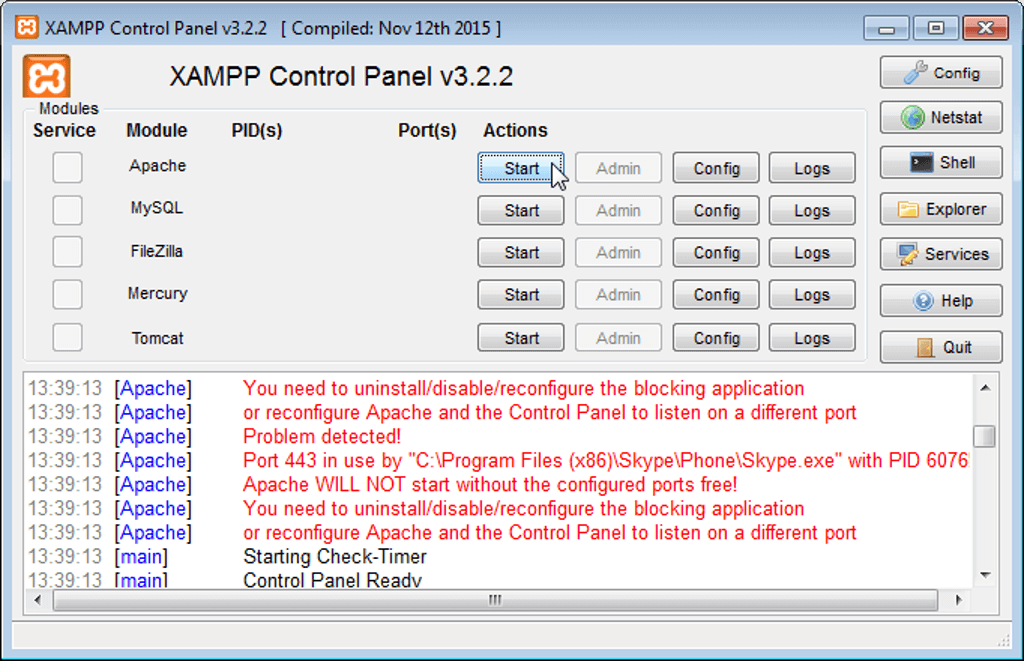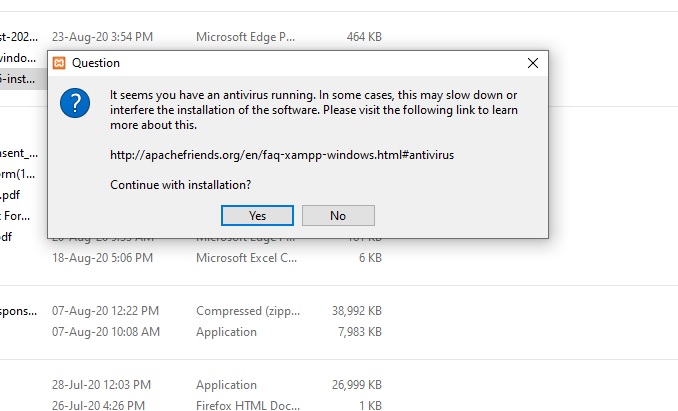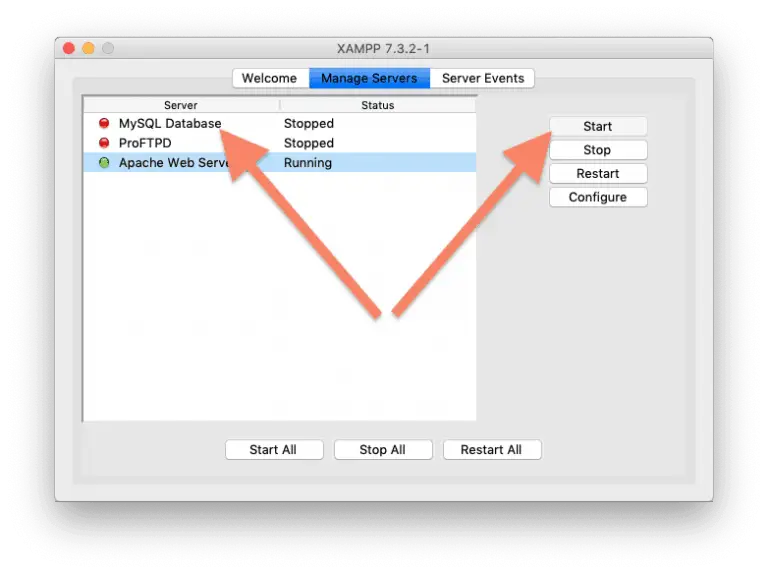
- Mail folder in xampp for mac how to#
- Mail folder in xampp for mac mac osx#
- Mail folder in xampp for mac install#
- Mail folder in xampp for mac software#

Mail folder in xampp for mac install#
You can use this process if you ever forget your password too.XAMPP v1.8.3 (PHP 5.5.11) will install an Apache HTTP, MySQL, PHP, and Perl web stack. It's pretty easy to change the default MySQL password. It's not the best idea to have a blank password for database access, even if it's only on your own computer.
Mail folder in xampp for mac how to#
** The name of the database for WordPress */ĭefine( 'DB_HOST', 'localhost' ) How to change the default MySQL password for XAMPP The relevant section of your wp-config.php file will be something like this: // ** MySQL settings - You can get this info from your web host ** // That's right, there is no default password for XAMPP MySQL. When you save the code and refresh the browser, you will see the changes take effect immediately. You just need to open the files from their folders with a text editor like Atom. Do you use FTP with Localhost?īecause all the files are on your Mac and not on an external server, you don't need to use FTP to make code changes to the files on your websites. However, you will need an internet connection to download updates to your plugins, themes or core installation. You don't need internet access to use your local websites. You can setup accounts for multiple users as you would with any WordPress installation. Logins will be through /wp-admin/ as normal. Just access them through the folders as above. You can create multiple websites in localhost. Open a web browser (Safari, Chrome, Firefox, whatever you usually use) and go to You'll find your example website ready at that location.

Connect them with the wp-config.php settings later in this tutorial. Go to Apache Friends and download the correct version of XAMPP.įor this tutorial, I'll be using XAMPP 7.3.2 for OSX.Ĭreate a folder in htdocs called "example".
Mail folder in xampp for mac mac osx#
In this tutorial, I'll be using my Mac running macOS 10.14 ("Mojave"), but the steps are the same for the other versions of Mac OSX and macOS 10.x (update: I've tested this on Catalina and it works there too).


If you want to show your work to a client or business partner, or get feedback from the community, you will likely run into issues allowing connections into your personal computer. It's simple enough to setup for one or two sites if you absolutely need it, but you're better off setting up an install on a server for that. I've also had issues with SSL authentication and https support. But that's outside the scope of this tutorial. You won't be able to access any apps or data from your local websites from other devices, unless you've got sophisticated file sharing across your network. I prefer to use XAMPP because it's been around for ages (so it's stable and has a lot of tutorials), I can use it on my Windows, Mac and Linux machines, and if I want to do some PHP programming outside the WordPress environment, I can.
Mail folder in xampp for mac software#
If you want to install WordPress on your local machine, you have a number of software options, like XAMPP, MAMP or Local by Flywheel.


 0 kommentar(er)
0 kommentar(er)
